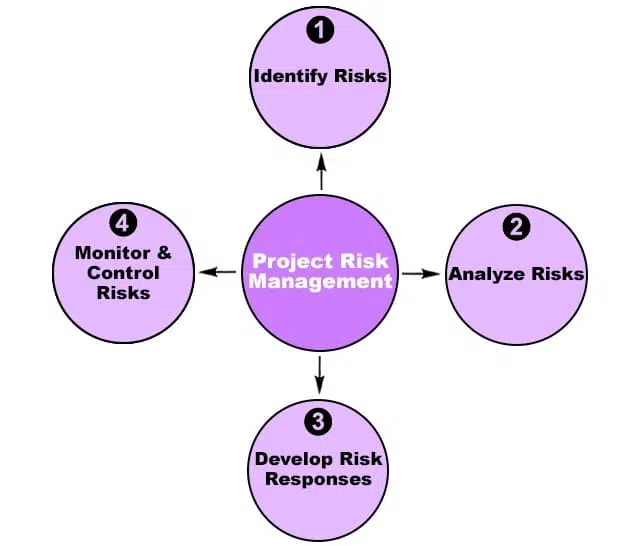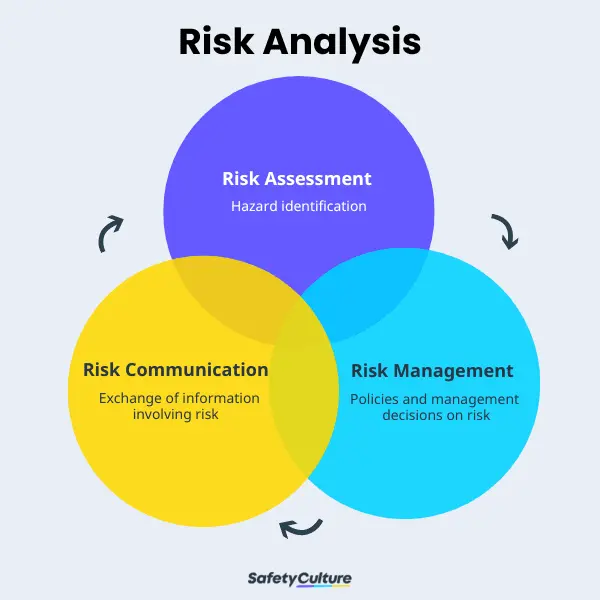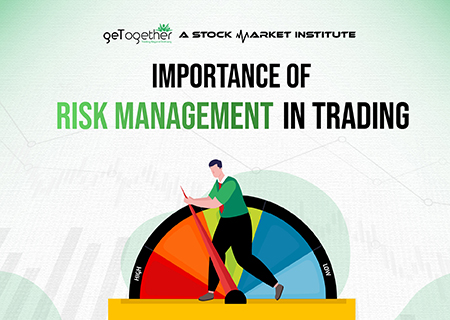How the Importance of Risk Management Shapes Powerful Leadership
How the Importance of Risk Management Shapes Powerful Leadership
Blog Article
The Vital Importance of Risk Management in Achieving Business Goals
This is where Risk Management actions in, giving an organized strategy to identifying, analyzing, and mitigating prospective barricades to proceed. As we explore the crucial function of Risk Management in achieving business goals, one can not aid yet wonder: just how does this convert right into real-world success?
Recognizing the Concept of Risk Management in Service

The Important Duty of Risk Management in Strategic Planning
Incorporating Risk Management into tactical preparation serves as a guard for organizations, anchoring their long-term strategies with a solid structure of preparedness and resilience. It runs as the company's radar, discovering prospective risks and vulnerabilities that could disrupt the path towards achieving their specified goals. Risk Management supplies a framework for expecting uncertainties and developing suitable reactions, guaranteeing the organization's survival and success even in the face of misfortune. By incorporating Risk Management right into tactical planning, companies can change these uncertainties into chances for growth and advancement. This calculated interweaving of Risk Management promotes flexibility, making companies more durable and allowing them to navigate the ever-changing company landscape confidently. Subsequently, Risk Management becomes an indispensable tool in strategic preparation, crucial in protecting lasting success.

Methods for Identifying, Assessing, and Focusing On Risks
Navigating the complex landscape of threats calls for the application of details techniques for their prioritization, analysis, and identification. The procedure starts with Risk recognition, using tools such as SWOT evaluation, which aids in identifying possible threats and opportunities. Next off, Risk analysis is conducted to determine the possible effect and probability of each Risk. Devices such as Risk matrices and impact-probability graphes are used for this. Finally, risks are prioritized based upon their possible influence and probability, permitting organizations to focus their resources on critical dangers. This organized approach ensures an extensive understanding of the Risk landscape, making it possible for organizations to make educated decisions and effectively handle dangers to achieve their objectives - importance of risk management.
Securing Business Workflow Through Efficient Risk Management
In the business landscape fraught with uncertainties, reliable Risk Management plays a critical function in securing organizational operations. It functions as a safety guard, reducing the damaging results of prospective dangers and making sure the smooth functioning of all procedures. By determining and evaluating potential risks, Risk Management allows organizations to establish durable contingency strategies. This precautionary method help in keeping functional security, even when faced with unanticipated circumstances. In essence, Risk Management is the lifeline that maintains the business operations afloat amidst stormy waters. It makes certain not just the survival but the lasting growth of a company, making it a vital tool in attaining service objectives. Companies should spend next page in extensive Risk Management approaches to protect their procedures.

Transforming Prospective Threats to Opportunities: The Power of Risk Management
While prospective hazards may originally appear as roadblocks to business success, effective Risk Management can transform them right into possibilities. A positive approach to risk Management involves recognizing, examining, and focusing on threats to create techniques that turn them right into possible benefits. This process requires the growth of a risk-aware society within the organization, encouraging individuals to see dangers as possible stimulants for adjustment and growth, as opposed to mere risks. importance of risk management. With this lens, possible hazards come to be opportunities to innovate, improve processes, and enhance durability. Therefore, by leveraging the power of Risk Management, companies can not just protect their procedures but also spur growth and achieve their objectives in an uncertain service setting.
Situation Researches: Success Stories of Risk Management Driving Business Objectives
Successful implementation of Risk Management methods has actually generated excellent results in various services, highlighting the values of this technique. Multinational firms like Microsoft and Google, for instance, have leveraged Risk Management to decrease risks and manipulate opportunities, driving their organization objectives onward. These examples show just how successful Risk Management can not just steer businesses clear of prospective pitfalls yet also guide them towards their strategic goals.
Conclusion
In verdict, Risk Management is fundamentally important in accomplishing business goals. By integrating Risk Management right into strategic preparation, organizations can much better browse unpredictabilities, secure operations, and capitalise on chances, thus lining up with blog here long-lasting goals.
At its core, Risk Management is the procedure of recognizing, analyzing, and addressing possible threats that can adversely affect an organization's purposes or procedures. Next, Risk analysis is carried out to determine the potential influence and chance of each Risk. Threats are focused on based on their prospective impact and possibility, allowing companies to concentrate their resources on high-priority risks. By recognizing and analyzing potential threats, Risk Management enables organizations to develop robust backup strategies. A positive approach to take the chance of Management includes recognizing, evaluating, and prioritizing risks to design approaches that look at here transform them into potential advantages.
Report this page